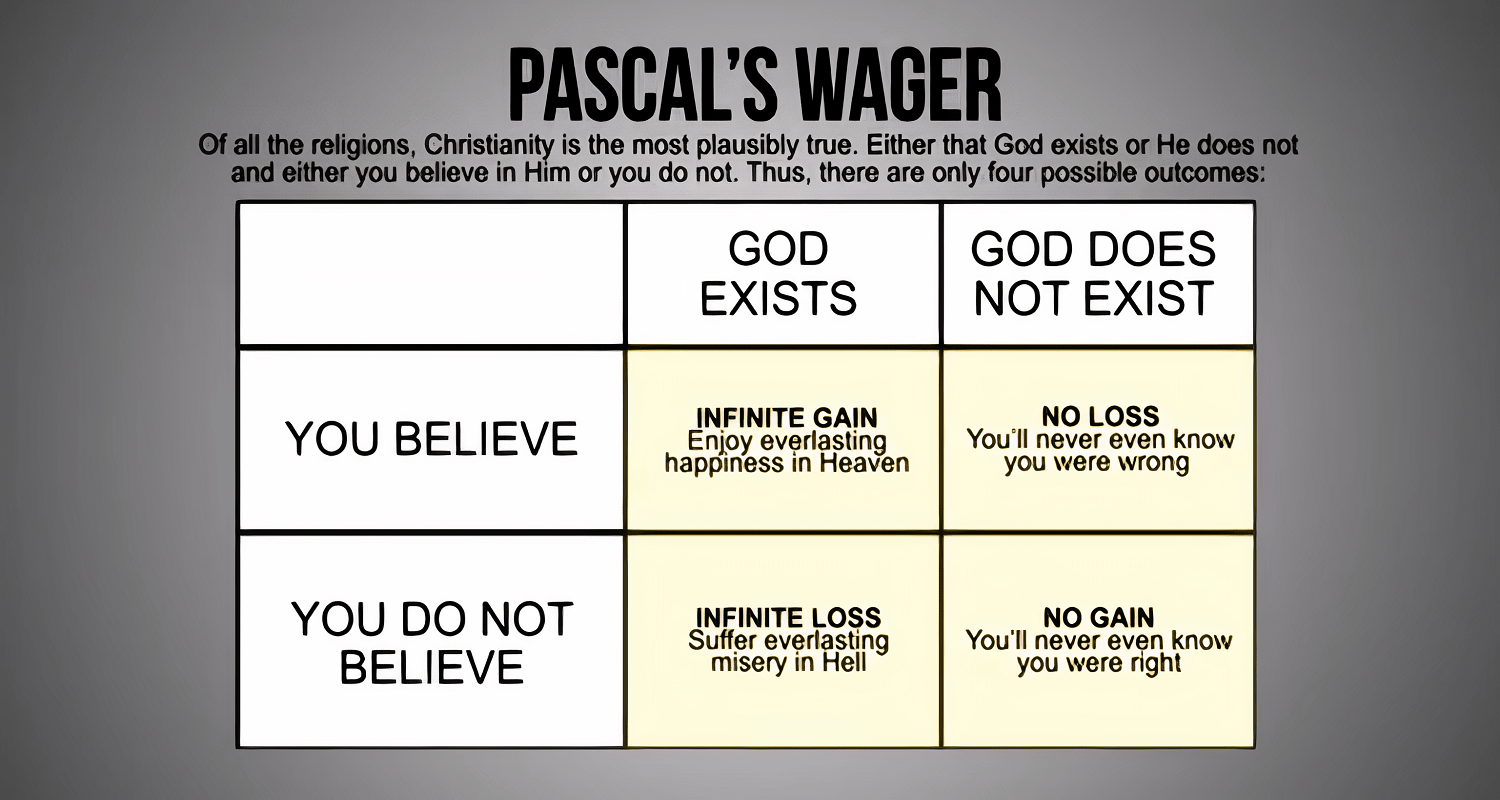ZenMode
Well-known member
@Into the Night @IBDaMann
I will make this easy. When either / both of you are ready to move forward, just answer the two questions below. Yes, I mean actually answer the questions, not pretend to answer the questions, and then claim you did.
I will make this easy. When either / both of you are ready to move forward, just answer the two questions below. Yes, I mean actually answer the questions, not pretend to answer the questions, and then claim you did.
- Does the Earth's atmosphere impact high and low temperatures on Earth?
- How does the atmosphere impact high and low temperatures on Earth?




